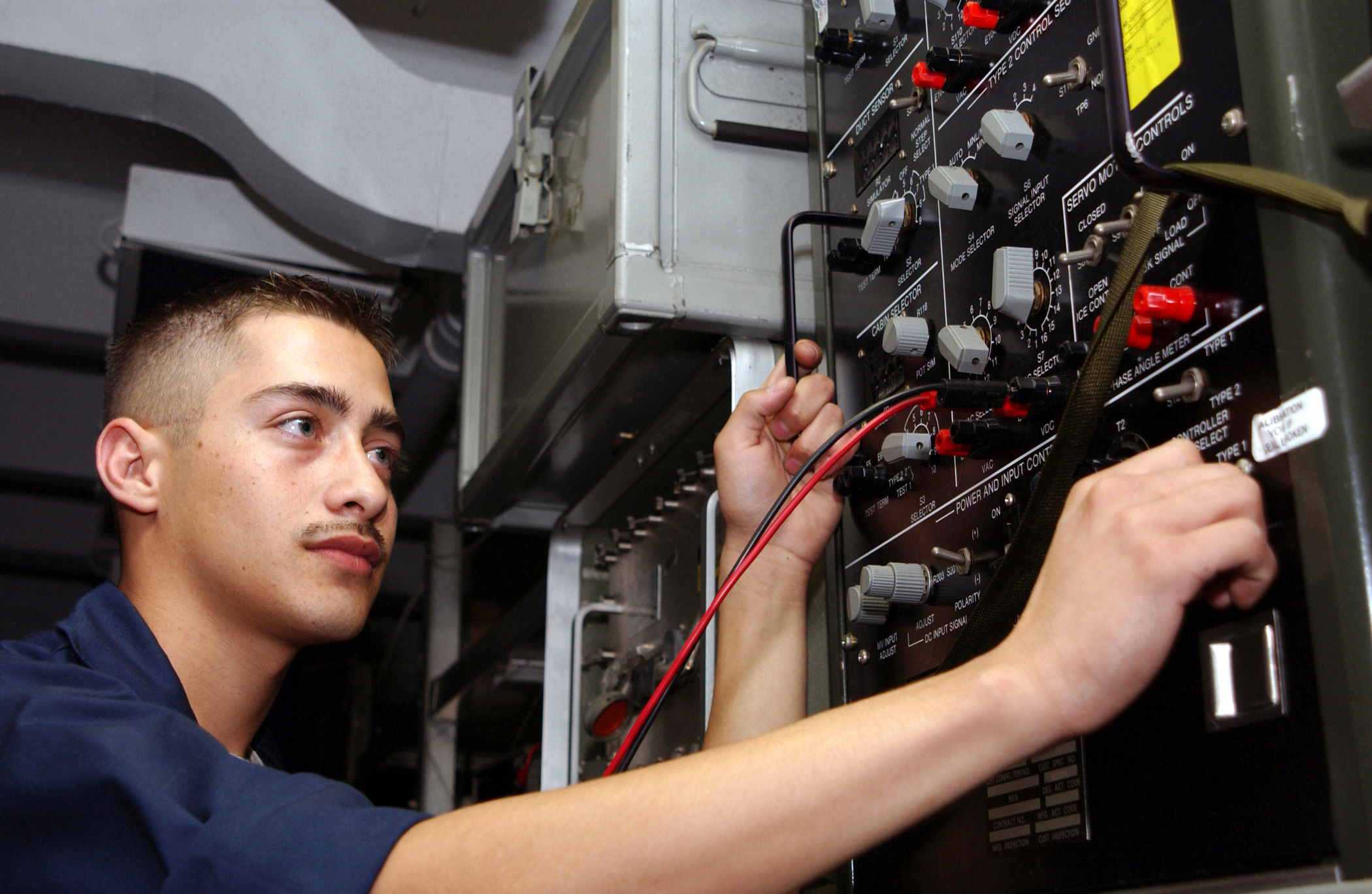Electrician
Electricians install, maintain, and repair electrical power, communications, lighting, and control systems in homes, businesses, and factories.
Electricians typically do the following:
- Read blueprints or technical diagrams
- Install and maintain wiring, control, and lighting systems
- Inspect electrical components, such as transformers and circuit breakers
- Identify electrical problems using a variety of testing devices
- Repair or replace wiring, equipment, or fixtures using hand tools and power tools
- Follow state and local building regulations based on the National Electrical Code
- Direct and train workers to install, maintain, or repair electrical wiring or equipment
The job outlook for electricians is 14%, which is much faster than average. This number represents the amount of growth in the number of jobs for electricians through 2024.
Work Environment
Electricians work indoors and outdoors in nearly every type of facility. Almost all electricians work full time, which may include evenings and weekends. Although the work is not as dangerous as other construction occupations, potential injuries include electrical shocks and burns, cuts, and falls.
Education
Although most electricians learn through an apprenticeship, some start out by attending a technical school. Most states require electricians to be licensed.
Salary
The median annual wage for electricians was $51,110 in May 2014. The median wage is the wage at which half the workers in an occupation earned more than that amount and half earned less. The lowest 10 percent earned less than $31,170, and the highest 10 percent earned more than $85,590.
Source: U.S. Bureau of Labor Statistics, Occupational Employment Statistics http://www.bls.gov/ooh/construction-and-extraction/electricians.htm
